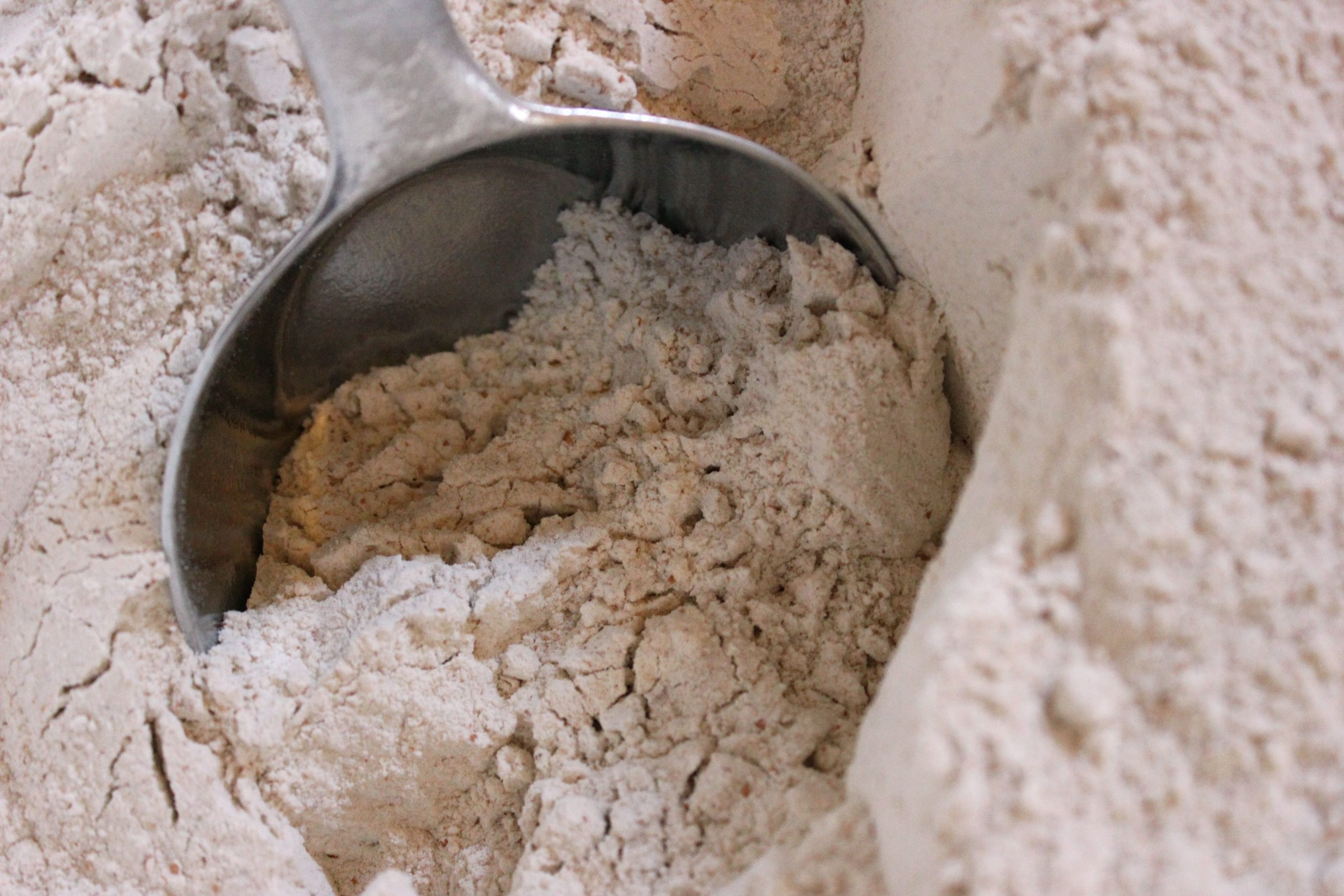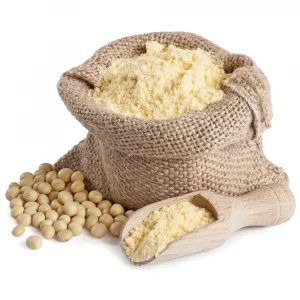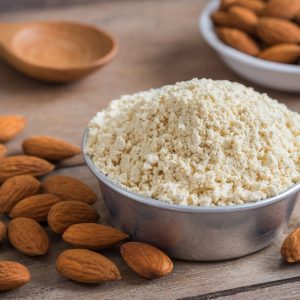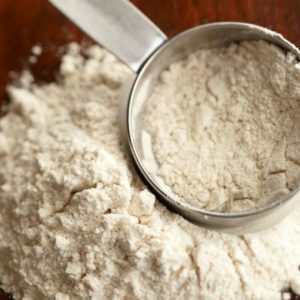Whole Wheat Flour: A Comprehensive Guide
Introduction
Whole wheat flour is a staple ingredient in many kitchens, known for its rich, nutty flavor and numerous health benefits. Made by grinding entire wheat kernels, including the bran, germ, and endosperm, it retains more nutrients than refined white flour. This guide provides an in-depth look at whole wheat flour, including its types, nutritional profile, health benefits, culinary uses, and cooking tips.
What is Whole Wheat Flour?
Whole wheat flour is made from grinding the entire wheat kernel, which includes three main components:
- Bran: The outer layer, rich in fiber, B vitamins, and minerals.
- Germ: The nutrient-dense core containing healthy fats, vitamins, and antioxidants.
- Endosperm: The starchy middle layer, providing carbohydrates and proteins.
Unlike refined white flour, which removes the bran and germ, whole wheat flour retains all parts of the kernel, offering a fuller nutritional profile and a denser, more robust flavor.
Types of Whole Wheat Flour
- Regular Whole Wheat Flour:
- Characteristics: Made from hard red wheat, it has a darker color and stronger flavor.
- Common Uses: Ideal for bread, rolls, and other baked goods requiring a hearty texture.
- White Whole Wheat Flour:
- Characteristics: Made from hard white wheat, it has a lighter color and milder flavor.
- Common Uses: Suitable for pastries, cookies, and lighter baked goods while still providing whole grain benefits.
Nutritional Profile
- Carbohydrates: Whole wheat flour is a good source of complex carbohydrates, providing energy and supporting metabolic functions.
- Protein: It contains more protein than refined white flour, which is essential for muscle repair and growth.
- Fiber: High in dietary fiber, it aids digestion, helps maintain stable blood sugar levels, and promotes satiety.
- Vitamins and Minerals: Rich in essential nutrients, including:
- B Vitamins: Thiamin, riboflavin, niacin, and folic acid.
- Minerals: Iron, magnesium, manganese, and phosphorus.
- Antioxidants: The bran and germ components provide antioxidants that support overall health and protect against chronic diseases.
Health Benefits
- Digestive Health: The high fiber content aids in digestion and helps prevent constipation, promoting a healthy digestive system.
- Heart Health: Whole wheat flour can help lower cholesterol levels and reduce the risk of heart disease due to its fiber and nutrient content.
- Weight Management: The fiber and protein in whole wheat flour help promote a feeling of fullness, aiding in weight management and reducing overall calorie intake.
- Blood Sugar Control: Whole wheat flour has a lower glycemic index than refined white flour, helping to maintain stable blood sugar levels and reduce the risk of type 2 diabetes.
- Nutrient Density: It provides essential vitamins and minerals that support various bodily functions, including energy production, immune function, and bone health.
Culinary Uses
- Baking:
- Bread and Rolls: Whole wheat flour is commonly used in bread and roll recipes, providing a hearty texture and rich flavor.
- Pastries and Cookies: White whole wheat flour can be used for a lighter texture while retaining whole grain benefits.
- Muffins and Pancakes: Adds a nutty flavor and dense texture to muffins, pancakes, and quick breads.
- Thickening Agent:
- Sauces and Gravies: Whole wheat flour can be used to thicken sauces, gravies, and soups, adding a subtle whole grain flavor.
- Coating and Breading:
- Fried Foods: Whole wheat flour can be used as a coating for fried foods, providing a healthier alternative to refined flour coatings.
Cooking Tips
- Substitution:
- When substituting whole wheat flour for all-purpose flour in recipes, use about 50% whole wheat flour to start. Gradually increase the proportion as you adjust to the texture and flavor differences.
- Hydration:
- Whole wheat flour absorbs more liquid than refined flour, so you may need to increase the liquid in your recipes slightly to achieve the desired consistency.
- Kneading and Resting:
- Dough made with whole wheat flour requires more kneading to develop the gluten. Allowing the dough to rest can also help improve the texture.
- Blending:
- For best results, blend whole wheat flour with other flours, such as bread flour or all-purpose flour, to achieve a balanced texture and flavor in baked goods.
Storage Tips
- Dry Storage: Store whole wheat flour in an airtight container in a cool, dry place to prevent it from absorbing moisture and odors.
- Refrigeration: To extend its shelf life and prevent the oils in the germ from becoming rancid, store whole wheat flour in the refrigerator or freezer.
- Shelf Life: Whole wheat flour has a shorter shelf life than refined flour due to its higher oil content. Use it within 3-6 months for optimal freshness and flavor.
Environmental Impact
- Sustainable Farming: Choose whole wheat flour from brands that emphasize sustainable farming practices, such as organic farming and non-GMO practices, to reduce environmental impact.
- Packaging: Consider the environmental impact of packaging. Opt for products with minimal or recyclable packaging to support environmental sustainability.
Conclusion
Whole wheat flour is a nutritious and versatile ingredient that enhances the flavor and texture of a wide range of baked goods and other dishes. Its high fiber, protein, and nutrient content make it a valuable addition to a balanced diet, promoting digestive health, heart health, and weight management. Understanding the types, health benefits, and culinary uses of whole wheat flour can help you incorporate this wholesome ingredient into your cooking and baking effectively. Whether you’re making bread, pastries, or sauces, whole wheat flour provides a nutritious and flavorful foundation for your culinary creations.





Reviews
There are no reviews yet.